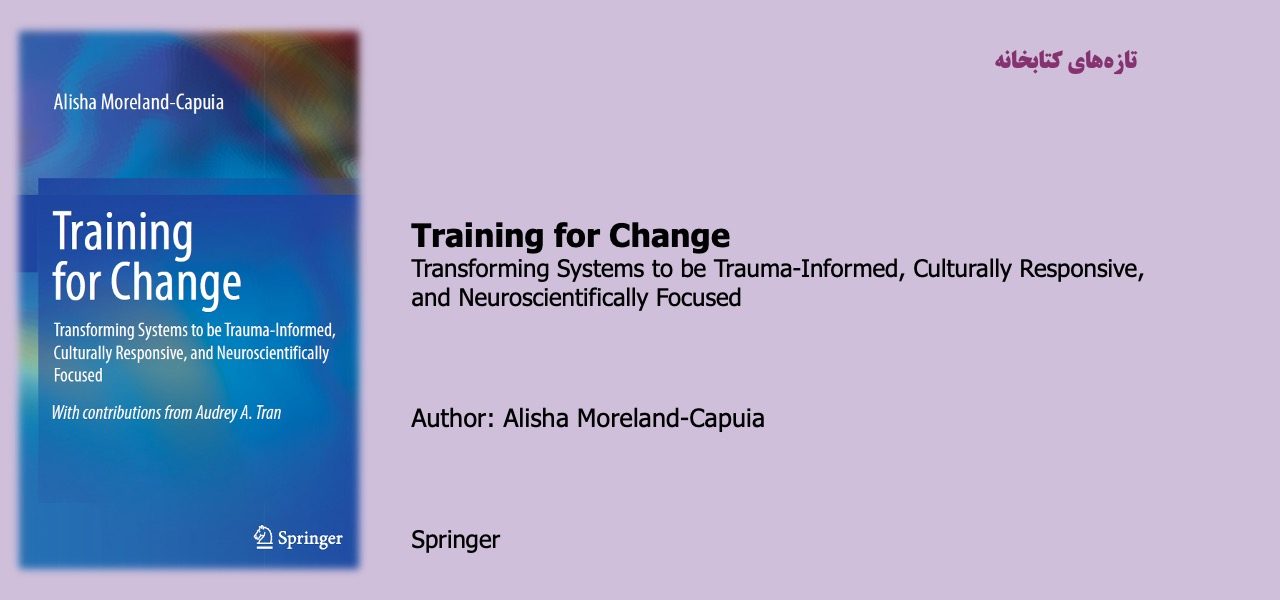Training for Change

Transforming Systems to be Trauma-Informed, Culturally Responsive, and Neuroscientifically Focused
It is important to preface the introduction to this book with two critical points:
- Change is constant, inevitable, and inspires considerable resistance.
- Many systems recognize the need for change but are not always certain how to approach the change process.
“Systems” can be impersonal, colossal entities and at times can feel insurmountable and unchangeable. This book redefines systems by challenging the reader to consider this sentiment:
“Systems are intimately attached to people. Systems don’t change, if people don’t change. People don’t change if they don’t feel something”. In other words, change must be targeted toward and happen at the “people” level and requires getting into what I call “the feeling space”. The “feeling space” is the birthplace for genuine, sustained change. The concept of systems change through people change is a common thread throughout this text.
To this end, criminal justice is one of the primary systems based foci. A young person’s entanglement with the criminal justice system is generally indicative of the culmination of multiple systems prior that have ineffectively served them (education, health care, family, and community). The criminal justice system powerfully epitomizes structural and historical disparities in our society. The criminal justice system represents both the pitfalls of and opportunities for other systems to change.
This is why my work has centered on impacting it (the criminal justice system) for change by thoughtfully integrating training and coaching on brain development, cultural responsivity, and trauma-informed practices. If the criminal justice system can change, so can other systems that serve youth. The model and approaches outlined in this textbook have implications for multiple systems that serve youth.
مطالب مرتبط

کتاب تمرین درمان شناختی – رفتاری برای مشکلات سلامت روان
۱ / اردیبهشت / ۱۴۰۴

درآمدی بر روانشناسی خرد
۱ / اردیبهشت / ۱۴۰۴

سرشت – چگونه سیمکشی مغزهای ما هویت ما را تعیین میکنند؟
۱ / اردیبهشت / ۱۴۰۴

